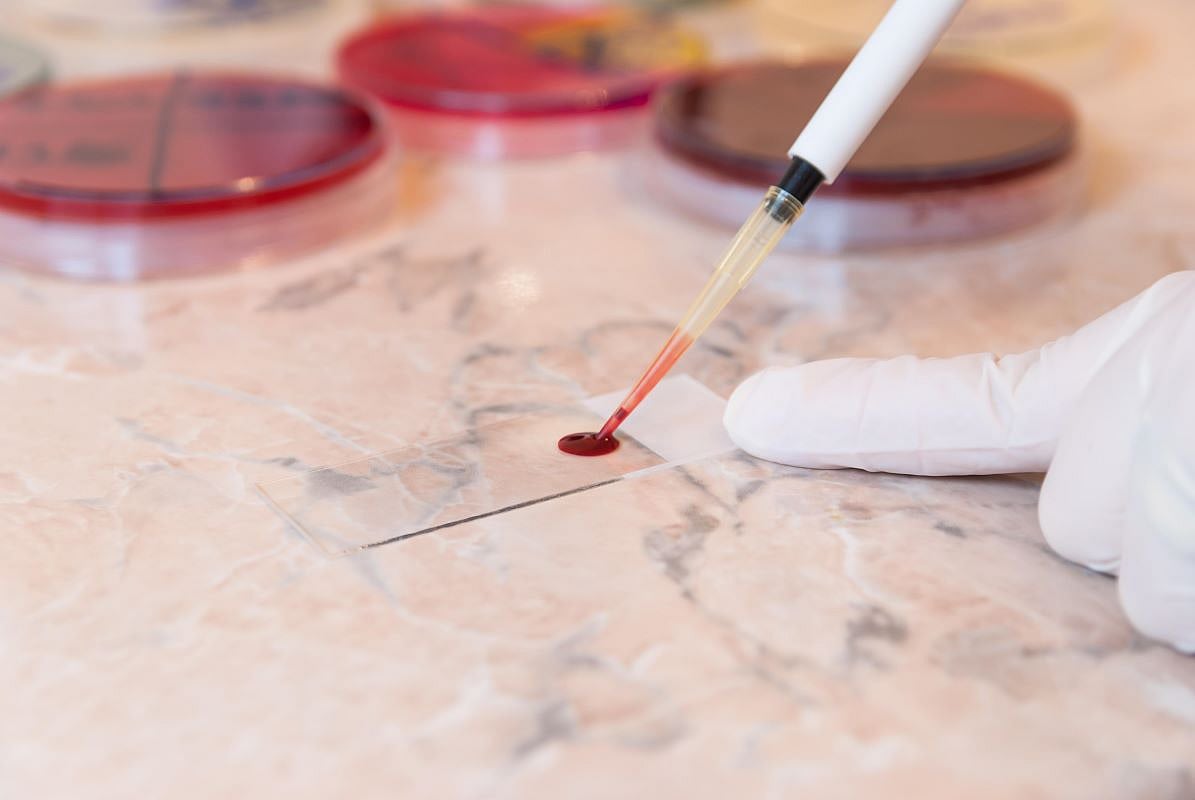.jpg)
People of color now have less access to prescription opioid painkillers than white patients, an unintended consequence of efforts to stem America’s opioid epidemic. Communities of color have a 40% to 45% lower distribution of commonly prescribed opioids, compared to majority white communities, researchers reported in a study published Jan. 23 in the journal Pain.… read on > read on >






























